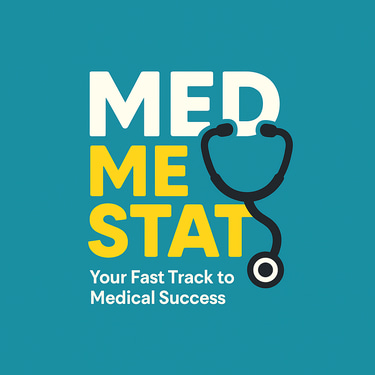Navigating UK Medical Careers: A Comprehensive Guide for IMG Doctors
Occupational English Test (OET): A Comprehensive Guide for Healthcare Professionals The Occupational English Test (OET) is widely recognized as a valid English language proficiency test for healthcare professionals aiming to work in the UK. Accepted by the General Medical Council (GMC) and UK Foundation Programme (UKFPO), it fulfills requirements for GMC registration, foundation training applications, Tier 2 visa processes, and direct training applications. Essentially, OET serves as a reliable alternative to IELTS for medical professionals in nearly all stages of UK-based career pathways. What is the OET? The OET assesses the English communication skills of various healthcare professionals. Notably, it is used by those in Medicine, Nursing, Dentistry, Pharmacy, Physiotherapy, and more. For doctors pursuing UK careers, the Medicine-focused OET is the primary requirement for GMC registration. Applications of OET in the UK GMC Registration: OET is widely accepted as proof of language proficiency. Foundation Training: UKFPO acknowledges OET for eligible candidates. Tier 2 Visa: GMC registration is often sufficient proof for visa applications. Training Applications: Accepted for direct training applications in the NHS. OET Exam Structure OET evaluates four language skills—Listening, Reading, Writing, and Speaking—within a medical context: Listening: Comprises consultations, short workplace scenarios, and healthcare presentations. Practice with real medical conversations to adapt to various accents and speaking speeds. Reading: Focuses on scanning and skimming skills through summaries and short medical texts. Familiarize yourself with medical terminology to improve reading comprehension. Writing: Involves drafting a medical letter (often a referral) based on given case notes. Aim for clarity, formal tone, and accurate details. Speaking: Features two role-plays where candidates must interact with an interlocutor as they would with a patient. Practice clear pronunciation, intonation, and active listening to enhance natural communication. Required Scores for GMC Registration A ‘B’ grade in each module is required for GMC eligibility. Results are available online approximately 16 days post-exam, with an official document mailed within 10 working days. OET vs. IELTS While IELTS is more affordable and offered more frequently, OET’s medical focus often makes it a preferred choice for healthcare professionals. GMC accepts either test, so choose the one that aligns best with your strengths. Preparation Tips for Each Section of the OET Listening: Practice with authentic medical recordings, understand various accents, and improve note-taking skills. Reading: Build medical vocabulary, practice scanning and skimming, and work under timed conditions to simulate exam pace. Writing: Draft referral letters with a professional tone, edit thoroughly, and seek feedback for improvement. Speaking: Role-play medical scenarios, improve pronunciation, and practice fluency with medical terminology. Conclusion In summary, OET is a valuable exam for healthcare professionals aiming for careers in the UK. Through targeted preparation and familiarity with each section, candidates can significantly improve their chances of success. Consistent practice and a focused approach make all the difference. Good luck!
5/8/20241 min read


Medical career pathways


